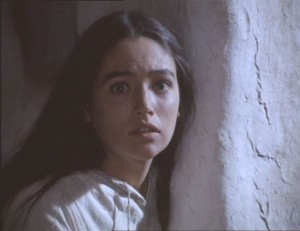The Incarnation, the Virgin Birth, and Mary’s Faith
The word, “miracle” has become trite and meaningless. The word, “miracle” is used in television commercials for the cleaning properties of a particular soap. “It’s a miracle!” that I got a pay raise from that miserly company. Miracle has come to mean anything unexpected that brings pleasant results.
Theologically, a miracle is an extraordinary event revealing God’s intervention in the everyday affairs of men and women. Martin Luther comments on the three miracles of Christmas day: the incarnation, the virgin birth of Christ, and the Blessed Virgin Mary’s obedience. Luther marvels that the greater of the three miracles is Mary’s faith: her willingness to obey God even though it meant hardship, misunderstanding, and loss of reputation.
Saint Bernard [of Clairvaux] declared there are here three miracles: that God and man should be joined in this Child; that a mother should remain a virgin; that Mary should have such faith as to believe that this mystery would be accomplished in her. The last is not the least of these three. The virgin birth is a mere trifle for God; that God should become man is a greater miracle; but most amazing of all is that this maiden should credit the announcement that she, rather than some other virgin, had been chosen to be mother of God.
Had she not believed, she could not have conceived. She held fast to the word of the angel because she had become a new creature. Even so must we be transformed and renewed in heart from day-to-day. Otherwise, Christ is born in vain.
Martin Luther, “The Maiden Mary” in Nancy Guthrie, ed., Come, Thou Long-Expected Jesus: Experiencing the Peace and Promise of Christmas (Wheaton, Ill.: Crossway Books, 2008), 26.


“Mary is the Mother of Jesus and the Mother of all of us even though it was Christ alone who reposed on her knees . . . If he is ours, we ought to be in his situation; there where he is, we ought also to be and all that he has ought to be ours, and his mother is also our mother.”
(Martin Luther- Sermon, Christmas, 1529).
Yes, indeed.